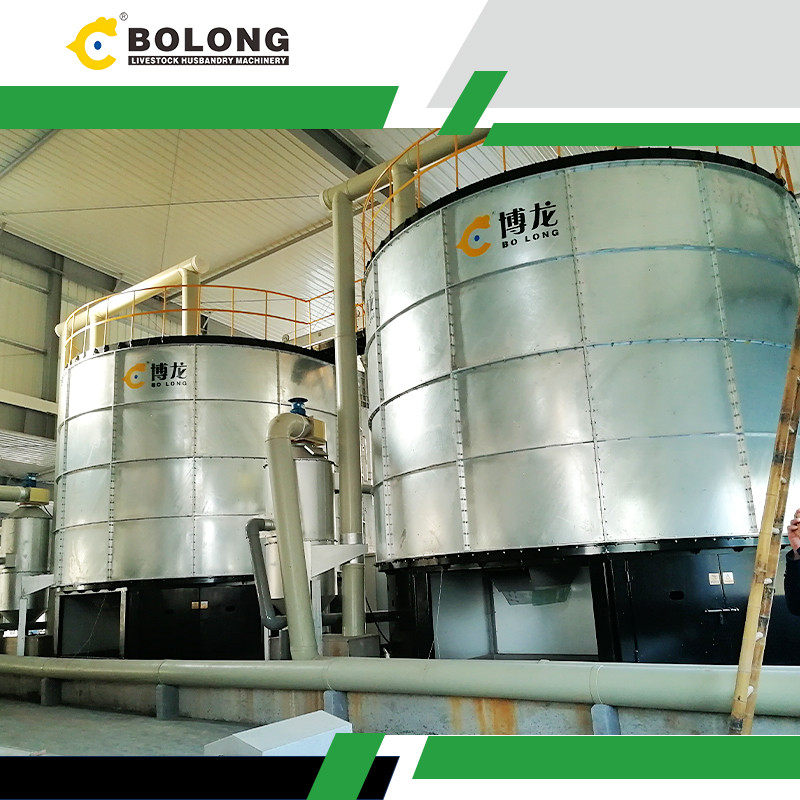
2020/6/1/ · A full-scale study of high-rate anaerobic bioreactors for whiskey distillery wastewater treatment with size fractionation and metagenomic analysis of granular sludge in the 5th month (Apr. 2017). Original design capacity of the ECSB reactor was 300 m 3 ·d-1 ... Single-stage fermentation process for high-value biohythane production with the ...
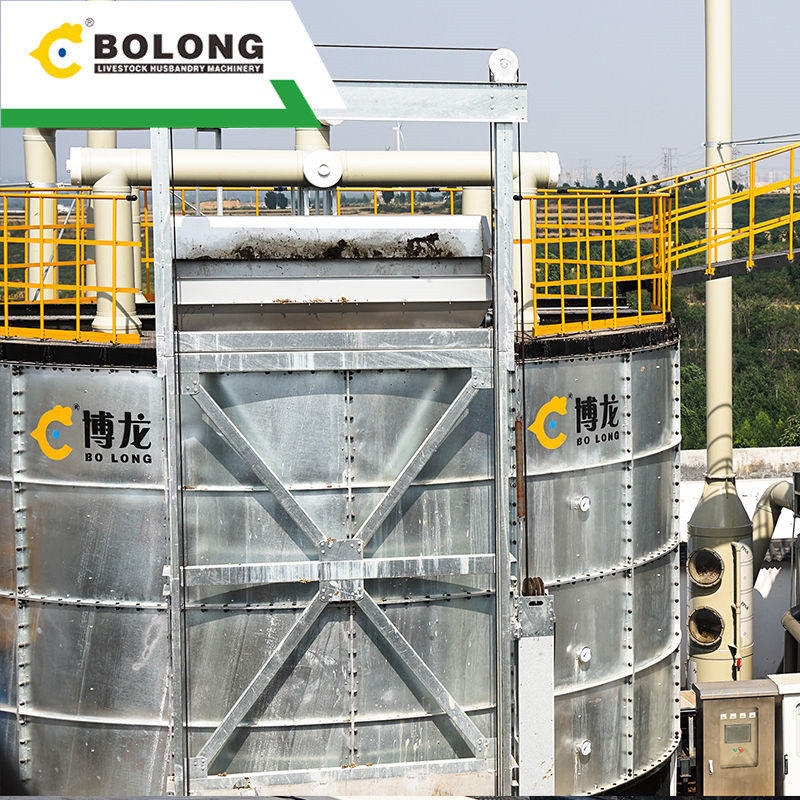
2013/6/1/ · Paper sludge is waste with high methane production potential through anaerobic fermentation. However, the composition of paper sludge and its structure hamper the efficient use of paper sludge.

2023/5/1/ · To evaluate the GABA-producing capacity of CGMCC 24975 and industrialize the production of food-safe GABA, we performed an oil-sealed anaerobic fermentation of CGMCC 24975 in a 5 L bioreactor. As shown in Fig. 6 , the cells proliferated rapidly from 12 to 36 h after inoculation, with OD 600 reaching 11.03 at 36 h.
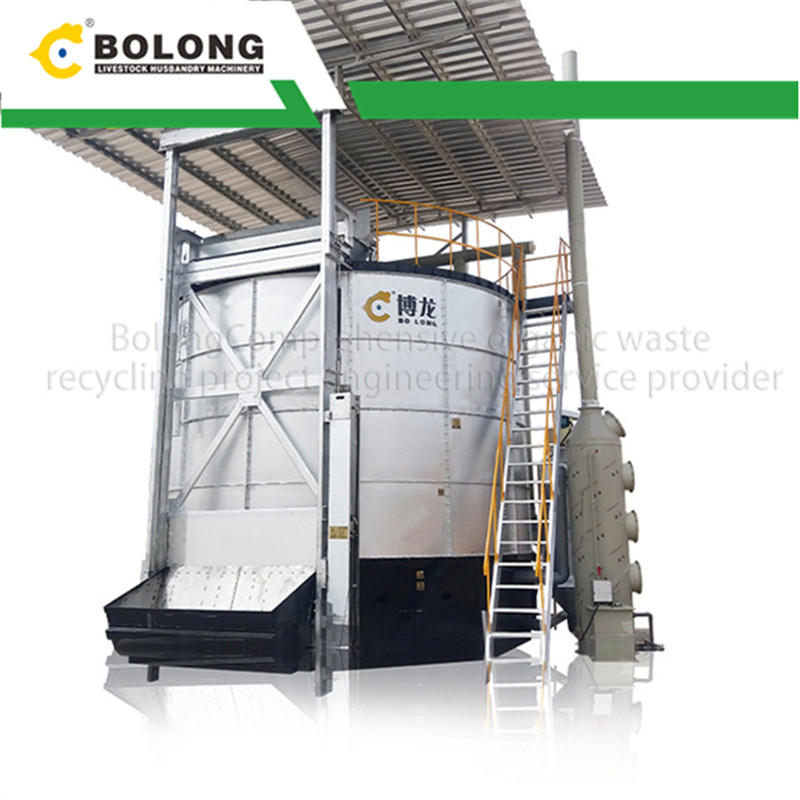
2024/3/11/ · This study demonstrated the advantages and feasibility of ionizing irradiation pretreatment for the anaerobic fermentation of kitchen waste with the aim of
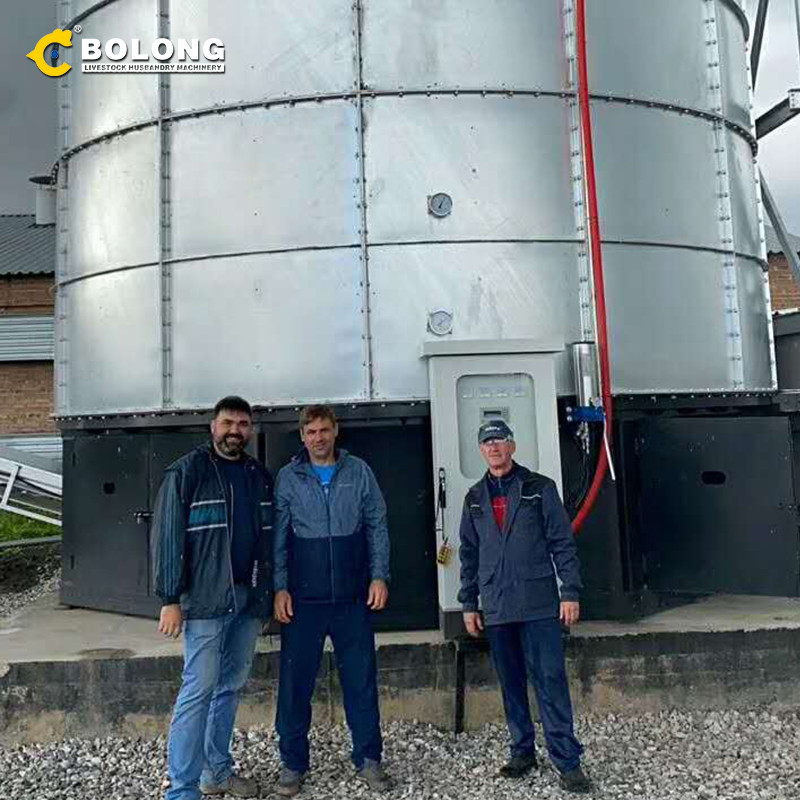
2023/9/1/ · Anaerobic fermentation of secondary sludge is a crucial bio-energy tactic for achieving stabilization, reduction, and resource utilization of secondary sludge in wastewater treatment plants.Short-chain fatty acids (SCFAs), the end product of anaerobic fermentation, have received substantial attention owing to shorter fermentation time,

2022/3/20/ · The fermenter showed a high fermentation efficiency at an OLR of 7.7 and 9.3 kgVS·m −3 ·day −1 (HRT of 6 and 5 days, respectively), but it overloaded (decreased VFA yield) when the OLR was increased to 11.3 kgVS·m −3 ·day −1 and the HRT was decreased to 4 days despite the pH remained between 8 and 9.
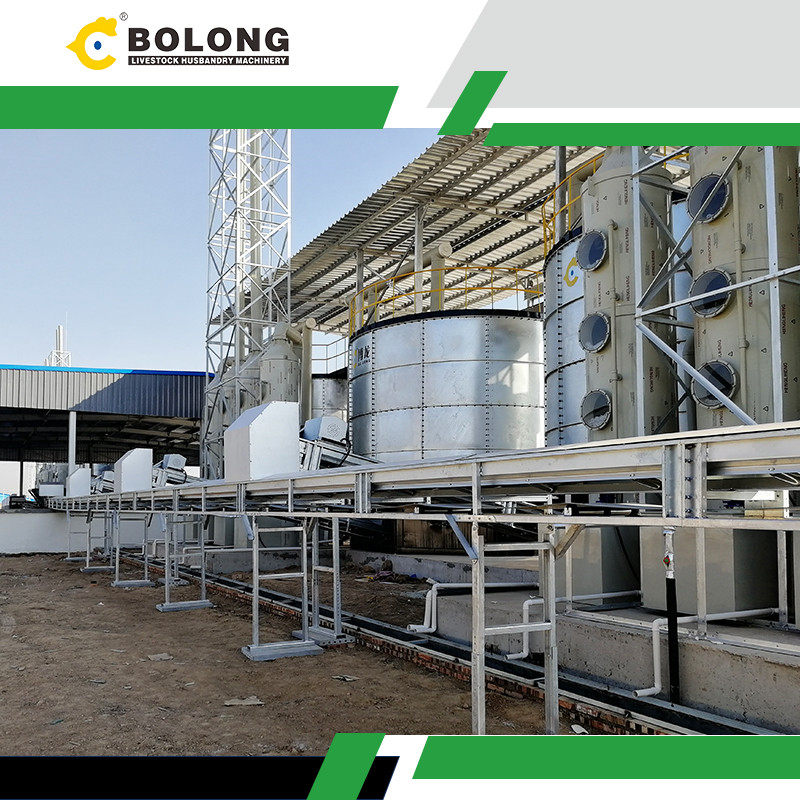
2024/2/15/ · The yield and productivity of biogas plants depend on the degradation performance of their microbiomes. The spatial separation of the anaerobic digestion (AD) process into a separate hydrolysis and a main fermenter should improve cultivation conditions of the microorganisms involved in the degradation of complex substrates like

2021/5/12/ · Also, many strict or facultative anaerobic micro-organisms may be involved in anaerobic digestion for hydrogen production, such as bacteria of the genus Clostridium, Desulfovibrio, Thermotoga, etc. . Wang & Zhao studied two-stage dark fermentation using food waste employing indigenous food waste microflora for hydrogen

2023/1/15/ · The LCAs indicated herewith are butanol and hexanol, as these alcoholic compounds have been found from anaerobic fermentation system [4]. Butanol is a four-carbon hydroxyl compounds in its chemical structure which can be treated as a superior biofuel due to its low hygroscopicity and high energy density [5], [6]. Therefore, butanol is

2023/9/1/ · In this study, a carboxylate platform of hyperthermophilic (70 ℃) anaerobic fermentation (HAF) for short chain fatty acids (SCFAs) production from thermal hydrolyzed sludge (THS) was established. The long-term performance for SCFAs production and the

2022/2/1/ · These anaerobic chemical reactions pyruvic acid . It involves high-quality effluent through the membranes and elimi nates the ... Volume of the fermenter vessel/the capacity of the fermenter. 3.

2022/9/6/ · It has been reported that high temperature is beneficial to anaerobic fermentation for hydrogen production, because high temperature can reduce the solubility of H 2 in the liquid phase (Feng et al., 2010), and thermophiles in fermenting microorganisms have a higher tolerance limit to high temperature. But high temperature fermentation

Fermentation is another anaerobic (non-oxygen-requiring) pathway for breaking down glucose, one that's performed by many types of organisms and cells. In fermentation, the only energy extraction pathway is glycolysis, with one or two extra reactions tacked on at the end. Fermentation and cellular respiration begin the same way, with glycolysis.
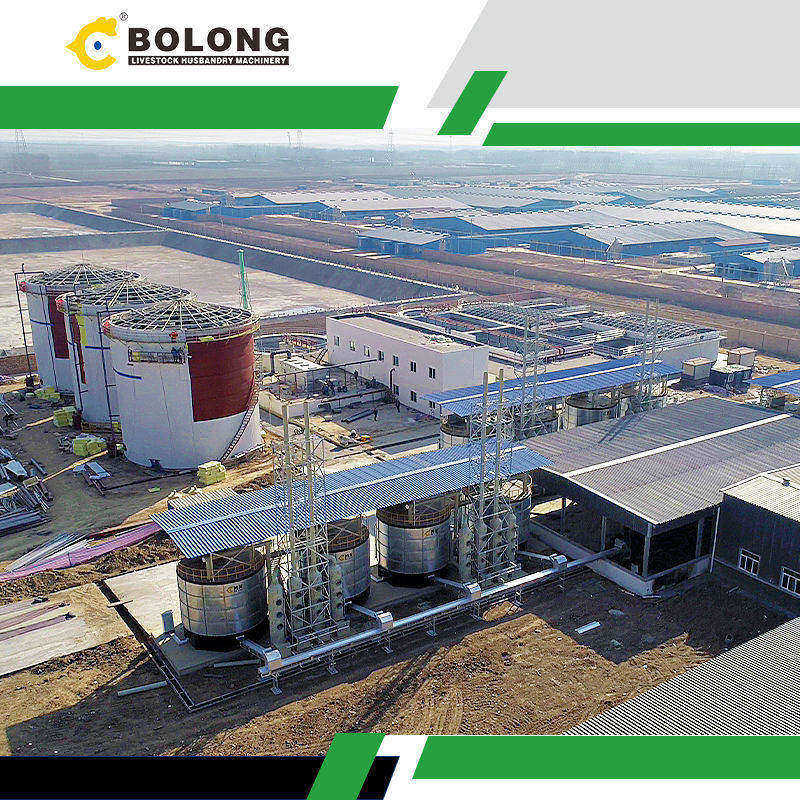
2020/10/1/ · The production of hydrogen from biomass and carbohydrate feedstock, though undoubtedly desirable and favored, is still at the level of laboratory or pilot scale. The present work reviews the current researched pathways. Different types of carbohydrates, and waste biomass are identified as feedstock for the fermentative bio-hydrogen
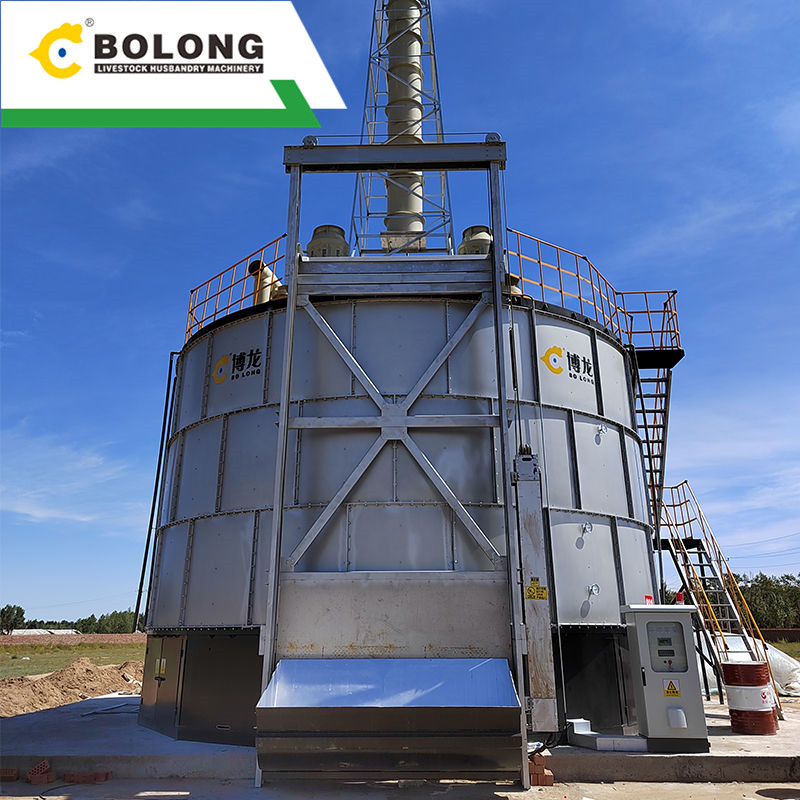
2023/9/15/ · •High buffer capacity •High hydrogen production rate •High methane production rate: Wang et al. (2020b) •FW •corn straw •pig manure •Adjust C/N ratio •Improve the stability of anaerobic fermentation •High acetic acid production: Qian et al. (2019) •FW •yard waste •Enhance microbial metabolism •High methane ...